Understanding Vascular Dementia and Its Cognitive Impact
Vascular dementia, a common form of cognitive impairment, arises when blood flow to the brain is restricted or interrupted, leading to the gradual death of brain cells. This condition can result from a series of small strokes, a single major stroke, or chronic conditions that damage the blood vessels, such as hypertension and diabetes. Unlike Alzheimer’s disease, which is driven by the accumulation of abnormal proteins in the brain, vascular dementia is deeply rooted in cerebrovascular dysfunction. The cognitive symptoms that follow—including impaired judgment, confusion, disorganized thinking, and slowed processing—can profoundly alter a person’s quality of life.
You may also like: How to Choose the Best Brain Supplements for Adults: Science-Backed Ingredients That Support Focus, Memory, and Mental Clarity
What makes vascular dementia particularly challenging is the variability in its presentation. Depending on the areas of the brain affected by vascular damage, individuals may experience a wide range of symptoms. Some may struggle with decision-making and planning, while others may become easily distracted, have difficulty concentrating, or lose the ability to follow conversations. The condition does not progress in a linear fashion; rather, it often worsens in noticeable steps following additional strokes or vascular events. This erratic pattern adds to the complexity of identifying and managing the most effective treatments for improving cognitive clarity.
Understanding the unique mechanisms of vascular dementia is critical when evaluating potential therapeutic options. Because this form of dementia is linked so closely to cardiovascular health, medications must address not only the symptoms of cognitive decline but also the underlying vascular pathology. When people ask, “What is the best medication for vascular dementia?” they are typically seeking a treatment that can restore some degree of mental clarity, enhance daily functioning, and potentially slow the progression of cognitive impairment. Yet, achieving this goal requires an evidence-based, multi-faceted approach tailored to the patient’s vascular and neurological status.
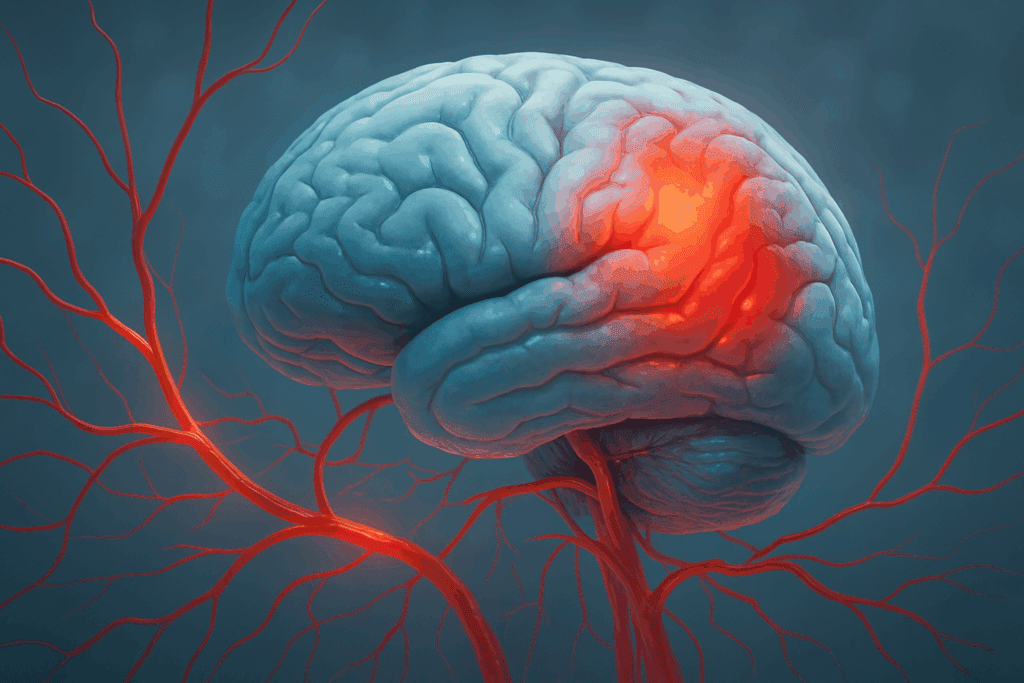
Cholinesterase Inhibitors: A Crossover from Alzheimer’s Disease
Though not initially developed for vascular dementia, cholinesterase inhibitors such as donepezil, rivastigmine, and galantamine have been repurposed in clinical settings due to their beneficial effects on cognition. These medications work by inhibiting the breakdown of acetylcholine, a neurotransmitter that plays a crucial role in attention, learning, and memory. While their FDA approval was granted for Alzheimer’s disease, several clinical trials have demonstrated that these medications may also help individuals with vascular dementia maintain mental focus and enhance cognitive processing.
Donepezil, in particular, has shown modest but meaningful benefits in studies targeting mixed dementia, where vascular and Alzheimer-type pathologies coexist. In randomized controlled trials, patients on donepezil exhibited improved scores on cognitive scales and reported better performance in activities of daily living. Although these gains are often temporary and do not halt disease progression, they offer a significant quality-of-life improvement, especially in the early to moderate stages of cognitive decline.
The key reason cholinesterase inhibitors are considered among the best medication options for vascular dementia lies in their dual capacity: they boost neurotransmitter availability while indirectly supporting better cerebral perfusion by enhancing neural efficiency. However, their use must be carefully monitored due to potential side effects like gastrointestinal upset, bradycardia, and muscle cramps. These agents are not suitable for everyone, and their effectiveness can vary widely depending on the individual’s vascular health and stroke history.
Memantine and Glutamate Regulation in Cognitive Preservation
Memantine, a medication that regulates glutamate—a neurotransmitter involved in learning and memory—has gained attention as a promising therapy for vascular dementia. Glutamate, in excessive amounts, can become neurotoxic, contributing to the death of neurons and accelerating cognitive decline. Memantine works as an NMDA receptor antagonist, protecting neurons from overstimulation and allowing the brain to maintain a healthier signaling balance.
Unlike cholinesterase inhibitors, which are typically prescribed in the earlier stages of dementia, memantine is often used in moderate to severe cognitive impairment. Evidence suggests that memantine may improve cognitive function, behavior, and global functioning in patients with vascular dementia, especially when there is evidence of coexisting Alzheimer’s pathology. Its neuroprotective properties may also be valuable in patients who have suffered ischemic events, as it may limit the extent of post-stroke neuronal damage.
One of the reasons memantine is considered when evaluating what is the best medication for vascular dementia is its relatively favorable side effect profile. It is generally well-tolerated, with few adverse effects compared to other cognitive enhancers. Common side effects, such as dizziness, headache, and constipation, are usually mild and transient. When used in conjunction with cholinesterase inhibitors, memantine may offer synergistic benefits, enhancing memory and decision-making capabilities without significantly increasing the risk of side effects.
Antihypertensive Agents: Preventing Further Vascular Damage
Because vascular dementia is directly linked to impaired blood flow to the brain, it is no surprise that antihypertensive medications are among the most critical components of treatment. These agents do not directly improve cognition in the short term, but they are essential for preventing further vascular injury, thereby reducing the risk of additional strokes and slow progression of dementia symptoms. Managing high blood pressure is a cornerstone of vascular dementia care and one of the most effective strategies for preserving long-term brain health.
Several classes of antihypertensive drugs, including ACE inhibitors, angiotensin receptor blockers (ARBs), calcium channel blockers, and diuretics, have shown promise in reducing the incidence and progression of cognitive decline. Among them, ARBs such as losartan and candesartan have demonstrated specific neuroprotective effects. These medications help improve cerebral perfusion, reduce inflammation, and promote endothelial function in the brain’s blood vessels. Over time, these effects may support cognitive clarity and stabilize executive functioning in patients already exhibiting signs of vascular dementia.
What positions antihypertensive therapy as one of the best medication strategies for vascular dementia is its long-term protective value. By maintaining stable blood pressure levels and promoting vascular health, these medications contribute indirectly but significantly to better cognitive performance. Patients with well-managed hypertension are less likely to experience the sudden stepwise declines that often characterize vascular dementia, underscoring the importance of integrating cardiovascular health into any cognitive enhancement strategy.
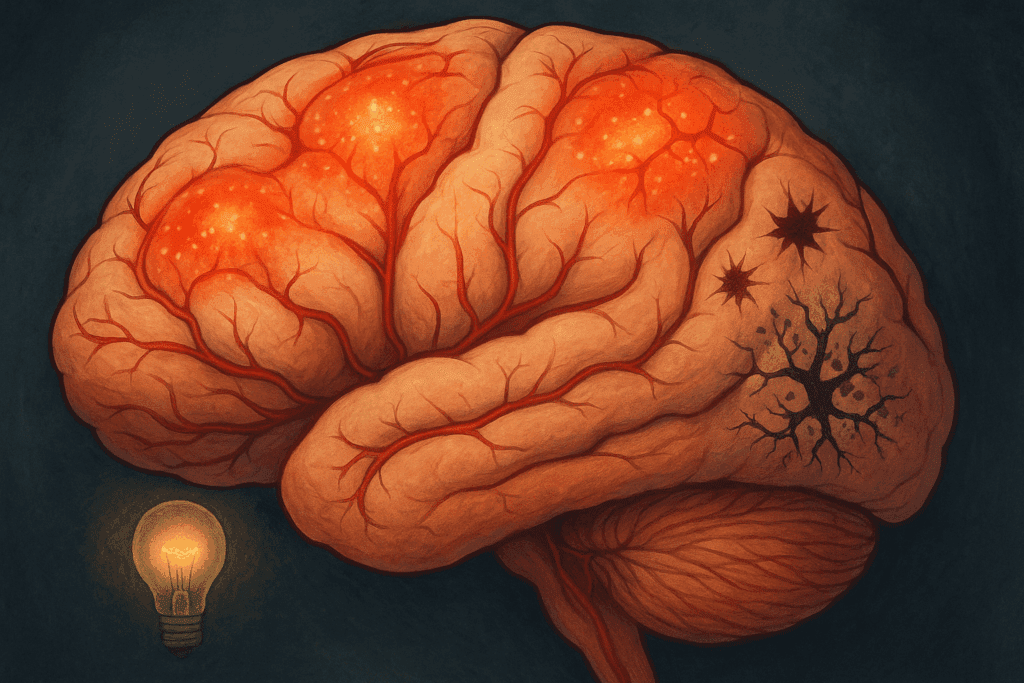
Antiplatelet Therapy and Stroke Prevention
Another class of medication that plays a vital role in the treatment of vascular dementia is antiplatelet agents, such as aspirin and clopidogrel. These medications reduce the risk of clot formation, thereby minimizing the likelihood of ischemic strokes—one of the most common precipitating factors in the onset and progression of vascular dementia. While antiplatelet therapy does not reverse existing cognitive impairment, it is indispensable in halting the chain of events that worsen cerebral function.
In individuals with a history of transient ischemic attacks (TIAs) or small vessel disease, daily low-dose aspirin can significantly reduce the recurrence of vascular events. Clinical evidence indicates that patients on antiplatelet therapy experience fewer strokes and may enjoy a more stable cognitive trajectory over time. While the direct cognitive benefits of these medications may be limited, their role in maintaining cerebral circulation is undeniably important for preserving decision-making capacity and mental clarity.
When exploring what is the best medication for vascular dementia, antiplatelet agents emerge as a cornerstone of preventive therapy. Their value lies in the realm of risk mitigation—minimizing new brain damage while supporting existing neural structures. However, long-term use requires regular monitoring to avoid complications such as gastrointestinal bleeding or hemorrhagic stroke, which can offset the benefits if not carefully managed by healthcare professionals.
Statins and Lipid Management in Vascular Health
The relationship between cholesterol levels and cognitive decline has sparked ongoing debate in the medical community. Statins, widely used for managing hyperlipidemia, are also being investigated for their potential to reduce the risk of vascular dementia. These medications lower LDL cholesterol and stabilize atherosclerotic plaques, helping to maintain the integrity of blood vessels throughout the body, including those in the brain.
While some observational studies have suggested that statins may reduce the incidence of dementia in patients with cardiovascular risk factors, randomized controlled trials have yielded mixed results. Nevertheless, for individuals with atherosclerosis or coronary artery disease, statin therapy offers well-established vascular benefits. By enhancing endothelial function and reducing systemic inflammation, statins may indirectly support cognitive health and decrease the likelihood of vascular insults that compromise brain function.
Given their ability to influence multiple pathways involved in vascular integrity, statins are often part of a comprehensive treatment plan. Their inclusion in discussions about what is the best medication for vascular dementia stems not from their cognitive-enhancing effects, but from their capacity to prevent the underlying vascular damage that triggers cognitive decline. As with other medications, the decision to initiate statin therapy must be individualized, weighing the potential cognitive benefits against possible side effects such as muscle pain or liver enzyme elevation.

Emerging Therapies and Future Directions
As the global burden of vascular dementia continues to rise, researchers are exploring novel pharmacological interventions that target the disease at its roots. Among the most promising candidates are medications that enhance neurovascular coupling—the mechanism by which neural activity triggers increased blood flow to specific brain regions. Agents that improve nitric oxide signaling, enhance mitochondrial function, or modulate inflammatory cytokines may open new therapeutic frontiers in the quest to preserve cognitive function.
Another area of exploration is the use of neuroprotective agents derived from natural compounds, such as flavonoids, omega-3 fatty acids, and polyphenols. These substances exhibit antioxidant, anti-inflammatory, and vasodilatory properties, which may counteract the oxidative stress and vascular dysfunction at the heart of vascular dementia. While more robust clinical trials are needed, the preliminary data are encouraging and suggest that future treatments may include these compounds as adjunctive therapy.
In addition, researchers are investigating drugs that promote neurogenesis and synaptic plasticity. These experimental medications aim not only to protect existing neurons but also to stimulate the growth of new ones and enhance communication between brain cells. If proven effective, such therapies could revolutionize the management of vascular dementia by offering a pathway to functional brain recovery rather than mere symptom management.
Personalized Treatment Approaches and Clinical Considerations
The concept of a one-size-fits-all medication for vascular dementia is inherently flawed due to the diverse etiologies and presentations of the condition. Personalized treatment strategies, which account for the patient’s vascular risk factors, stroke history, comorbid conditions, and medication tolerance, offer the best chance of optimizing cognitive outcomes. What is the best medication for vascular dementia in one patient may differ significantly from the most effective option in another.
Comprehensive treatment plans often involve a combination of pharmacological and non-pharmacological interventions. Cognitive rehabilitation, physical activity, nutritional counseling, and management of mood disorders all play crucial roles in enhancing the effectiveness of medication regimens. For example, treating coexisting depression with SSRIs may improve cognitive engagement and motivation, indirectly benefiting overall brain health.
The collaboration between neurologists, geriatricians, psychiatrists, and primary care physicians is essential for crafting a cohesive management plan. Regular follow-up and cognitive assessments are necessary to monitor treatment response, adjust medications, and ensure that emerging symptoms are addressed in a timely manner. This multidisciplinary approach enhances the likelihood of achieving meaningful improvements in decision-making, independence, and overall quality of life.
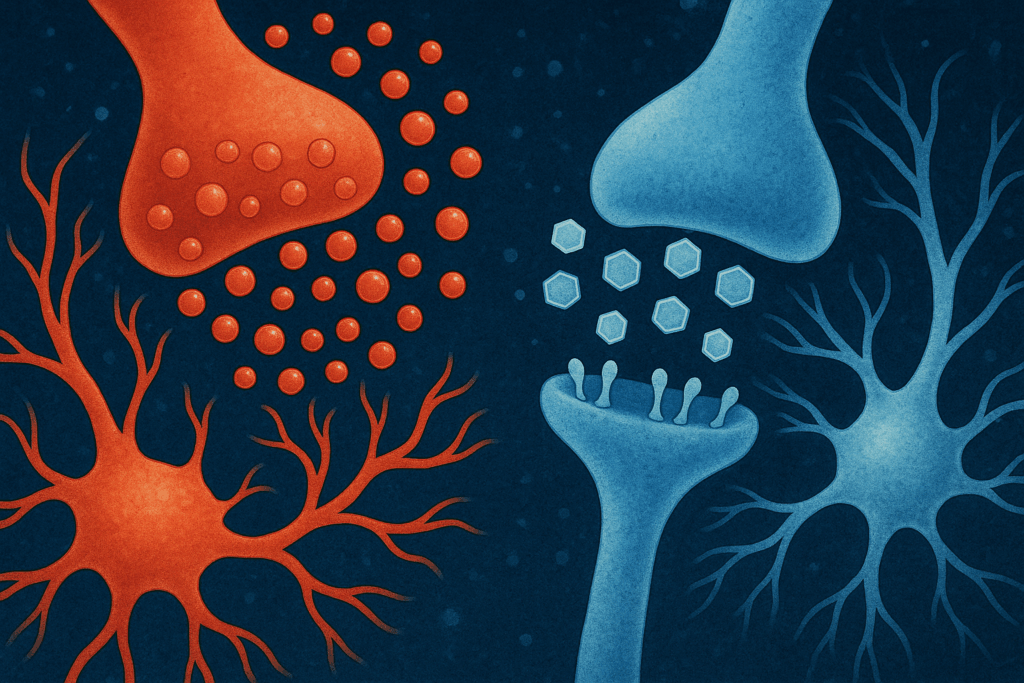
Frequently Asked Questions (FAQ) About Medication for Vascular Dementia
1. How do clinicians differentiate between Alzheimer’s and vascular dementia when prescribing medication?
While both conditions share overlapping symptoms such as memory loss and confusion, clinicians rely on brain imaging, cognitive assessments, and vascular health markers to distinguish them. This distinction is critical because the choice of medication for vascular dementia is guided by cerebrovascular pathology rather than amyloid plaques or tau tangles typical of Alzheimer’s. For instance, while cholinesterase inhibitors may occasionally be used in both, vascular dementia often requires aggressive management of underlying conditions like hypertension and diabetes. Understanding the disease’s origin helps doctors prioritize neurovascular stabilizers over neurodegeneration-specific drugs. This differentiation ensures that patients receive targeted treatments that support both cognition and vascular integrity.
2. Why is early intervention essential in vascular dementia, even before severe symptoms appear?
Unlike more insidious forms of dementia, vascular dementia often progresses in a stepwise manner following a series of strokes or silent ischemic events. Initiating medication for vascular dementia during the earliest cognitive changes—such as slowed thinking or difficulty organizing thoughts—can preserve executive functioning longer. Medications that manage blood pressure, cholesterol, and blood viscosity play a critical role in halting further brain damage. Early pharmacological support can also be paired with cognitive rehabilitation to prolong independence. Waiting until cognitive impairment becomes severe reduces the efficacy of both pharmaceutical and behavioral therapies.
3. What emerging pharmacological strategies are being explored for vascular dementia?
Beyond traditional therapies like antiplatelets and antihypertensives, researchers are investigating drugs that target cerebral small vessel disease directly. For instance, medications modulating endothelial nitric oxide levels or enhancing mitochondrial function show promise in preclinical studies. Some trials are exploring neuroprotective agents like citicoline, which supports brain metabolism and repair after vascular injury. These developments may soon redefine what is the best medication for vascular dementia, as newer options aim not only to prevent strokes but also to improve cognitive resilience. Clinical trials in this area are rapidly expanding, especially in Japan and Europe.
4. Can medications for vascular dementia reverse symptoms, or only slow progression?
Currently, no medication for vascular dementia can fully reverse cognitive decline. However, several drugs—especially when combined with lifestyle modifications—can stabilize or slightly improve mental clarity and processing speed. Antihypertensives reduce the risk of further strokes, while medications like memantine may enhance decision-making and reduce apathy. The real benefit lies in delaying disease progression and preserving autonomy. Researchers emphasize that consistent medication adherence, rather than expecting a cure, yields the most meaningful outcomes.
5. How do vascular dementia medications interact with treatments for other age-related conditions?
Polypharmacy is a key concern in elderly patients with multiple comorbidities. Many individuals with vascular dementia also manage diabetes, atrial fibrillation, or arthritis. Therefore, when prescribing medication for vascular dementia, physicians must consider interactions with anticoagulants, diuretics, and even NSAIDs. For instance, combining certain antihypertensives with diuretics may cause electrolyte imbalances, indirectly affecting cognition. Pharmacists play a vital role in reviewing these regimens to minimize risks and improve compliance. Personalized medicine is increasingly important for this demographic.
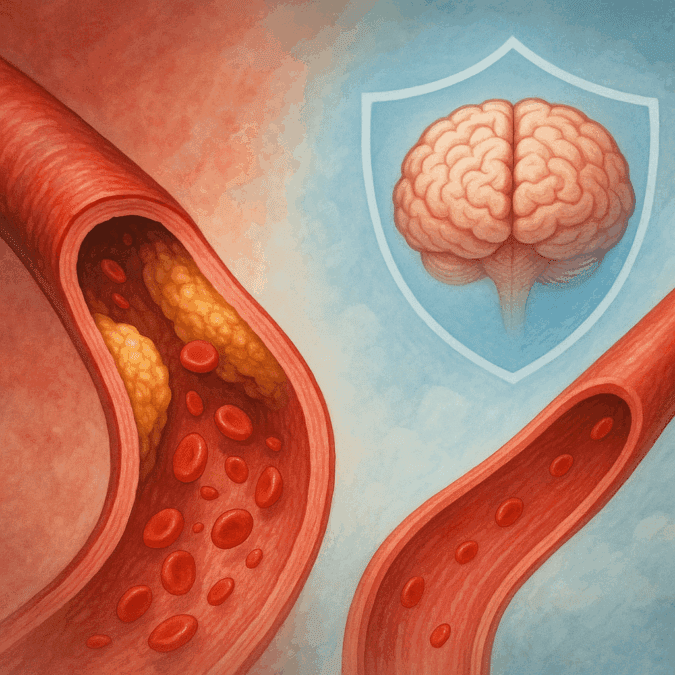
6. Are there non-traditional or off-label drugs showing promise in treating vascular dementia symptoms?
Yes, certain off-label medications—originally developed for mood or attention disorders—are showing cognitive benefits in vascular dementia. For example, methylphenidate has been trialed to improve apathy and executive function in some patients. Similarly, SSRIs have been noted to enhance cognitive flexibility and motivation beyond their antidepressant role. These agents are not typically the first line of medication for vascular dementia, but they offer adjunctive benefits in select cases. Clinical oversight is essential when exploring these alternatives due to potential cardiovascular side effects.
7. How does vascular dementia medication influence caregiver burden?
Appropriate medication for vascular dementia can significantly ease caregiver responsibilities by improving patients’ attention, emotional stability, and functional independence. For example, stabilizing blood pressure and preventing further strokes reduces emergency hospital visits and neurobehavioral complications. Improved cognitive clarity also enhances patients’ participation in daily routines, lessening caregiver fatigue. Medication is not just a tool for symptom control—it can reshape the caregiving dynamic, allowing loved ones to focus on emotional support rather than constant supervision. This indirect benefit is often underappreciated in traditional treatment narratives.
8. What role do supplements and nutraceuticals play alongside medication for vascular dementia?
While not replacements for evidence-based prescriptions, certain supplements can complement medication for vascular dementia by supporting vascular and cognitive health. Omega-3 fatty acids, for instance, help regulate inflammation and may improve endothelial function. Ginkgo biloba, though controversial, has been linked to modest gains in memory and focus in vascular-related cognitive impairment. It’s important that these are used under medical supervision, as some can interact with anticoagulants or antiplatelet therapies. The key is integration, not substitution, within a comprehensive care plan.
9. Can lifestyle choices influence how well medications for vascular dementia work?
Absolutely. The effectiveness of any medication for vascular dementia is significantly influenced by complementary lifestyle factors. Regular aerobic exercise enhances cerebral blood flow and may augment the benefits of cognitive-enhancing drugs. Similarly, sleep quality, stress management, and social engagement improve neurological plasticity, making the brain more responsive to pharmacological interventions. In contrast, a sedentary lifestyle, poor diet, or smoking can counteract medication benefits and hasten cognitive decline. Medication works best when supported by a brain-healthy environment.
10. What should families know about the long-term expectations of vascular dementia medication?
When considering what is the best medication for vascular dementia, families should understand that success is measured more by stability than by dramatic improvements. Treatment goals focus on preserving autonomy, slowing decline, and maintaining quality of life. Medications may require adjustments over time as new symptoms emerge or comorbidities evolve. Ongoing dialogue with a multidisciplinary team—including neurologists, geriatricians, and caregivers—is crucial. Ultimately, the best outcomes are achieved when pharmacological care is part of a proactive, personalized support system.
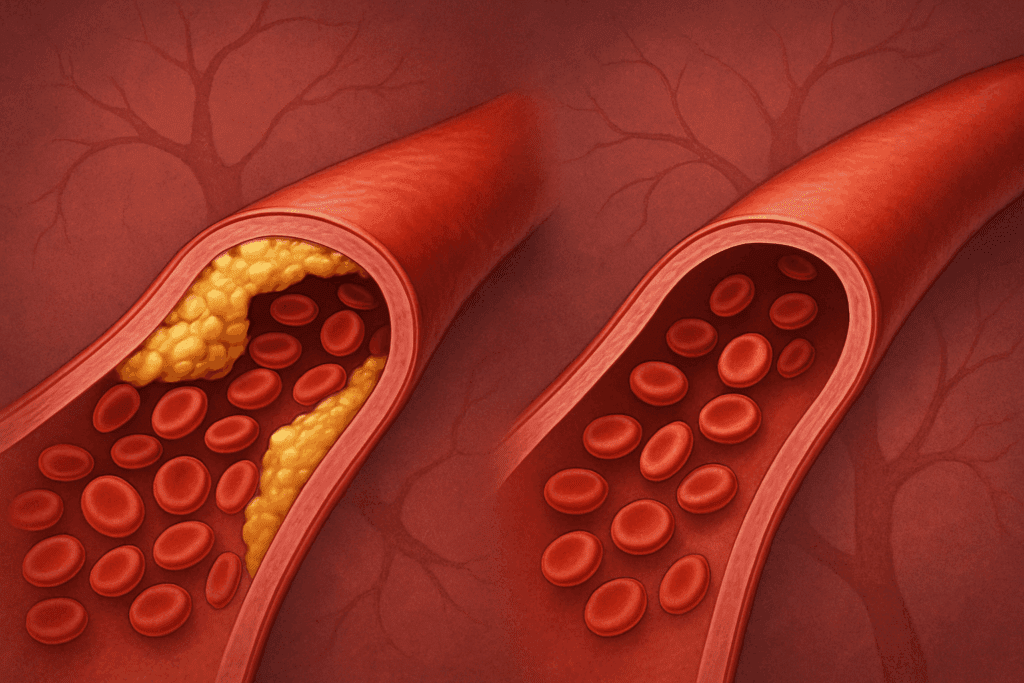
Conclusion: Supporting Cognitive Clarity Through Evidence-Based Medication for Vascular Dementia
As we explore the landscape of treatments for vascular dementia, one truth becomes clear: there is no singular answer to the question, “What is the best medication for vascular dementia?” Instead, the best outcomes arise from an integrated, evidence-based strategy that includes a mix of cholinesterase inhibitors, memantine, antihypertensives, antiplatelet agents, and statins—each contributing to different aspects of cognitive preservation and vascular stability.
These medications do not offer a cure, but when prescribed judiciously and in concert with lifestyle interventions, they can significantly enhance mental clarity, support better decision-making, and stabilize cognitive decline. The importance of personalized care cannot be overstated. By tailoring treatment plans to the individual’s medical history, risk factors, and functional goals, clinicians can optimize therapy and help patients maintain a higher quality of life for as long as possible.
Ultimately, the journey toward managing vascular dementia is one of continuous adaptation, guided by scientific evidence and shaped by individual needs. As research continues to uncover new therapeutic avenues, there is growing hope that tomorrow’s medications will not only preserve what is left but regenerate what has been lost—offering new beginnings for minds affected by this complex condition. For now, however, the most effective approach lies in harnessing what we already know, applying it with precision, and always striving to support cognitive clarity with the best available evidence.
Further Reading:
Vascular dementia: Pharmacological treatment approaches and perspectives


